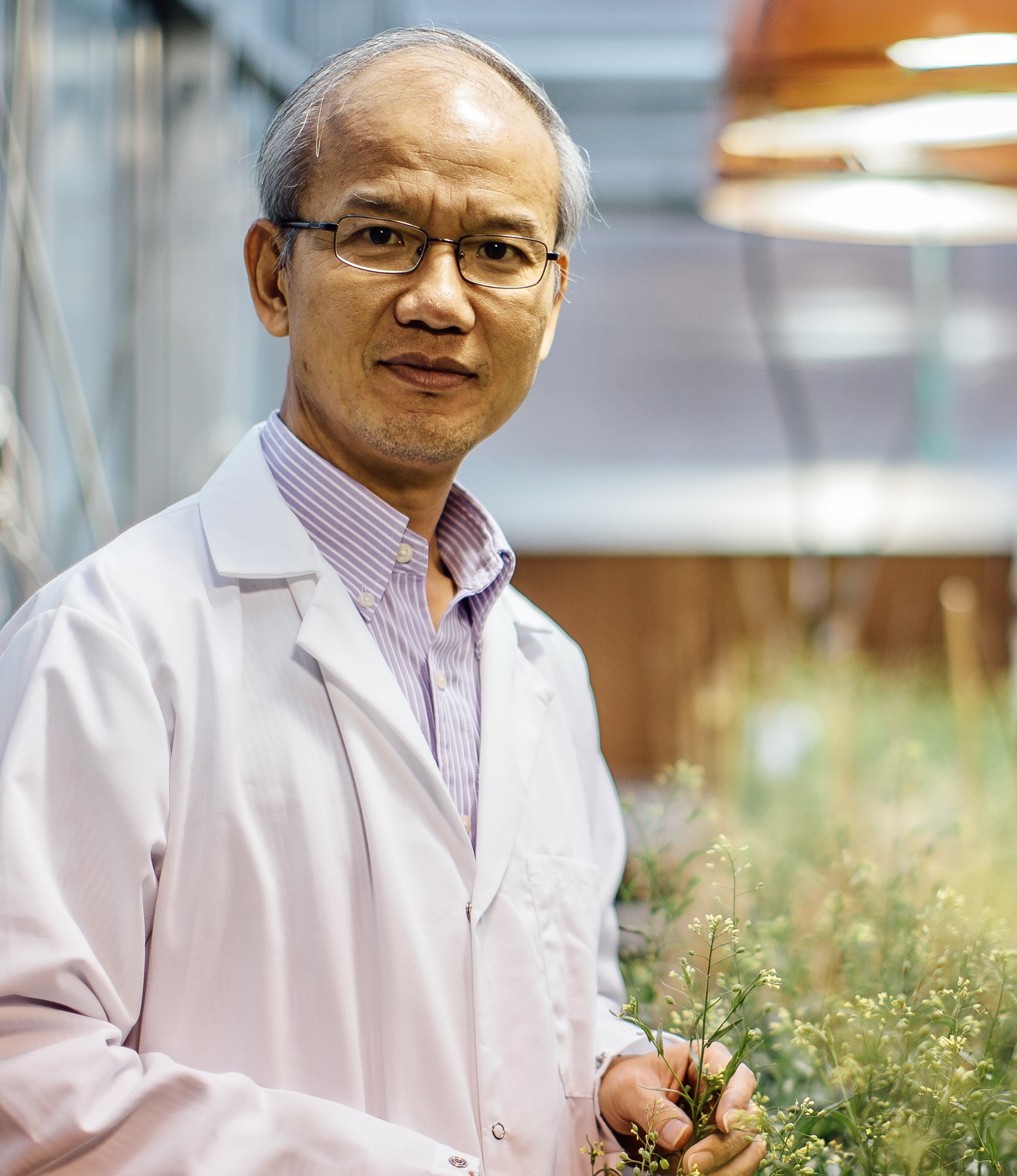2025 AOCS Annual Meeting & Expo.
Biotechnology
Industrial Oil Products
Developing Resilient Oilseed Crop Camelina for Sustainable Bioenergy Production

Chaofu Lu, MS, PhD
Professor
Montana State University
Bozeman, Montana, United States
Presenting Author(s)
Camelina (Camelina sativa) is an oilseed crop that has a long history of cultivation. Currently, it is promoted primarily as an industrial crop for manufacturing biofuels and other industrial products. Studies indicate that several major challenges need to be overcome to realize its great potential: A major obstacle to economical camelina production is its lower seed yield compared to other major oilseed crops such as canola; Though not as intensive as other crops, nitrogen fertilizer is required for high yield production and is the most expensive input; Camelina faces abiotic stresses due to intensifying climate change. Here, I present recent progress in my research programs using genomics-driven systems biology approaches. 1) To explore natural variations in camelina germplasm, we conducted genome wide association studies combined with quantitative trait loci mapping through genome resequencing, and identified candidate genes that control oil content, fatty acid composition, and other important agronomic traits. In addition, field trials under different nitrogen fertilization regimes identified camelina lines with varied responses to nitrogen availability. 2) Transformation and the CRISPR/Cas9 technologies were used to successfully change seed fatty acid composition and to enhance oil content. 3) The nitrogen use efficiency was assessed grown under contrasting nitrogen regimes in the hydroponic systems. Our results indicate a more efficient nitrogen remobilization during tissue senescence of camelina compared to related species like canola. 4) The microbiomes associated with camelina was analyzed and several bacterial strains were isolated that promote camelina growth under low nitrogen conditions. 5) Heat stress affected camelina seed production and seed composition. Plants may use different strategies to provide heat tolerance. These results illustrate the power of modern biotechnology for the genetic improvement of a resurrected ancient oilseed crop. Our genomic resources and biotechnology tools should facilitate rapid breeding of modern camelina varieties for industrial and other uses.

.png)